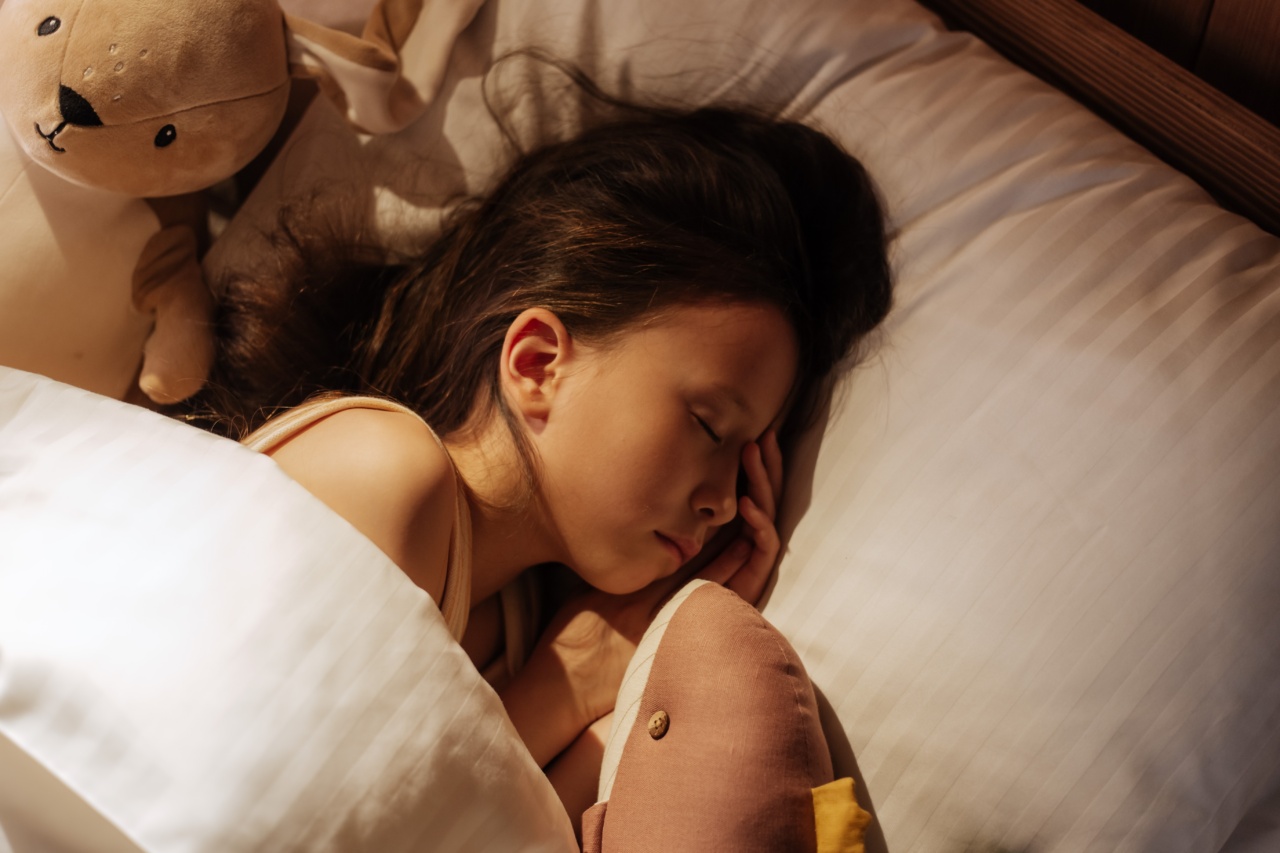Parkinson’s disease is a neurodegenerative disorder that affects movement and often leads to various motor symptoms such as tremors, stiffness, and impaired balance.
However, Parkinson’s can also have a significant impact on sleep patterns, causing odd sleeping habits and disturbances throughout the night. In this article, we will delve into the connection between Parkinson’s disease and unusual sleep behaviors, exploring the relationship and understanding its implications for patients.
Parkinson’s Disease and Sleep Disturbances
Many individuals with Parkinson’s disease experience sleep disturbances, which can range from mild to severe. Several factors contribute to these odd sleeping habits, including both the motor and non-motor symptoms of the disease.
It is estimated that up to 90% of individuals with Parkinson’s disease experience sleep-related problems at some point during their illness.
REM Sleep Behavior Disorder (RBD)
One of the most common sleep disturbances associated with Parkinson’s disease is REM sleep behavior disorder (RBD). RBD is characterized by the absence of normal muscle atonia during REM sleep, leading to vivid and often violent dream enactment.
People with RBD may shout, kick, punch, or move around while sleeping, potentially causing harm to themselves or their sleep partners. RBD can precede the onset of other Parkinson’s symptoms by several years and is considered a significant risk factor for developing the disease.
Insomnia and Excessive Daytime Sleepiness
Insomnia, the inability to fall asleep or maintain sleep, is another common sleep problem experienced by individuals with Parkinson’s disease.
It can be either primary or secondary to other factors such as medication side effects or nocturnal discomfort due to stiffness or pain. Insomnia can significantly impact the quality of life for Parkinson’s patients as it leads to fatigue, irritability, and impaired cognitive function.
On the other hand, excessive daytime sleepiness (EDS) is also prevalent among Parkinson’s patients. EDS is characterized by an irresistible urge to nap during the day, often at inappropriate times.
This excessive sleepiness can interfere with daily activities, making it challenging to maintain social connections and engage in work or hobbies.
Restless Legs Syndrome (RLS) and Periodic Limb Movement Disorder (PLMD)
Restless legs syndrome (RLS) is a condition characterized by an uncomfortable sensation in the legs, often described as a crawling or creeping feeling that worsens at rest.
Parkinson’s disease is known to increase the risk of developing RLS, further contributing to disturbed sleep patterns. Periodic limb movement disorder (PLMD), marked by repetitive jerking or flexing of the legs during sleep, is also more common in individuals with Parkinson’s.
Sleep Disturbances and Disease Progression
Odd sleeping habits in Parkinson’s disease are not only a consequence of the condition but can also potentially influence its progression.
Research suggests that poor sleep quality and disturbances may accelerate the neurodegenerative process in Parkinson’s, worsening motor symptoms and overall functioning over time. Therefore, addressing sleep problems is crucial for improving the management and prognosis of the disease.
Treatment Approaches for Sleep Problems in Parkinson’s
Managing odd sleeping habits in Parkinson’s disease involves a multidisciplinary approach. Medications, such as melatonin or clonazepam, can be prescribed to alleviate symptoms of RBD and insomnia.
Adjusting the timing and dosage of medications used to manage Parkinson’s motor symptoms can also help improve sleep quality. Additionally, practicing good sleep hygiene, such as maintaining a regular sleep schedule, creating a restful sleep environment, and avoiding stimulants close to bedtime, can enhance sleep for individuals with Parkinson’s disease.
Importance of Screening and Seeking Treatment
Recognizing the link between Parkinson’s disease and odd sleeping habits is essential for both patients and healthcare professionals.
Routine screening for sleep disturbances should be conducted during regular medical evaluations to identify any potential sleep problems. Once identified, appropriate treatments can be implemented to improve sleep quality, minimize daytime sleepiness, and enhance overall well-being for individuals living with Parkinson’s disease.
Coping Strategies for Individuals with Parkinson’s
Living with odd sleeping habits and disrupted sleep patterns can be challenging for individuals with Parkinson’s disease. Implementing various coping strategies can help manage these difficulties.
Regular exercise, relaxation techniques, and maintaining a consistent sleep routine can all contribute to better sleep. Seeking support from healthcare professionals, support groups, or loved ones can also provide emotional and practical assistance in dealing with the impact of sleep disturbances on daily life.
Conclusion
Odd sleeping habits are a common occurrence in individuals with Parkinson’s disease, often resulting from both motor and non-motor symptoms of the condition.
REM sleep behavior disorder, insomnia, excessive daytime sleepiness, and restless legs syndrome are among the sleep disturbances commonly experienced. Recognizing and addressing these sleep problems is crucial for improving the overall quality of life for Parkinson’s patients.
By understanding the link between Parkinson’s and odd sleeping habits, healthcare professionals can effectively intervene and provide appropriate treatment strategies to enhance sleep, alleviate symptoms, and potentially slow down disease progression.































